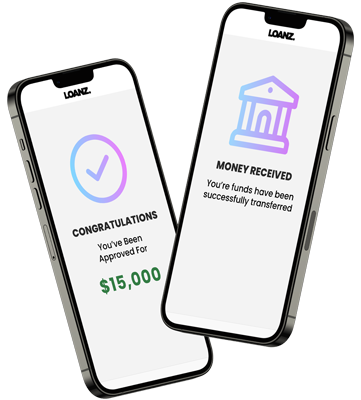
Fast access to money — on your terms
When you need money quickly, choose an Installment Loan. Get approved in minutes for up to $50,000. Perfect for car or auto repairs, unexpected emergencies or debt consolidation.


When you need money quickly, choose an Installment Loan. Get approved in minutes for up to $50,000. Perfect for car or auto repairs, unexpected emergencies or debt consolidation.
